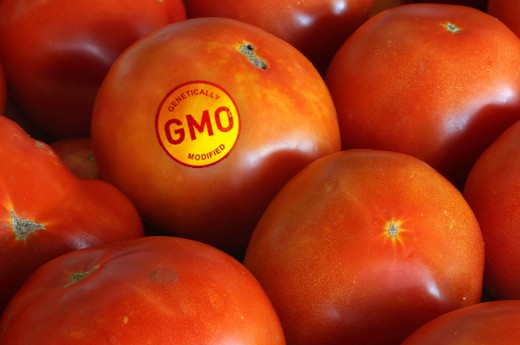Yet the way nature alters things is also profoundly haphazard. Sometimes a plant will acquire one trait at the expense of another. Sometimes it actually becomes worse. The same is true for agricultural crossbreeding. Not only is there no way to control which genes are kept and which are lost; the process also tends to introduce unwanted changes. The technical term for this is "linkage drag": all the unintended, and unknown, genes that get pulled along during cross-pollination, like fish in a net. Commercial berry growers spent decades trying to create a domesticated version of the black raspberry through crossbreeding but never succeeded: the thornless berries either tasted worse or produced almost no fruit, or they developed other problems. It's also why meeting the needs of modern agriculture — growing produce that can be shipped long distances and hold up in the store and at home for more than a few days — can result in tomatoes that taste like cardboard or strawberries that aren't as sweet as they used to be.

In recent years genetic-engineering tools like CRISPR have offered a way around this imprecision, making it possible to identify which genes control which traits — things like color, hardiness, sweetness — and to change only those.
译文由可可原创,仅供学习交流使用,未经许可请勿转载。












